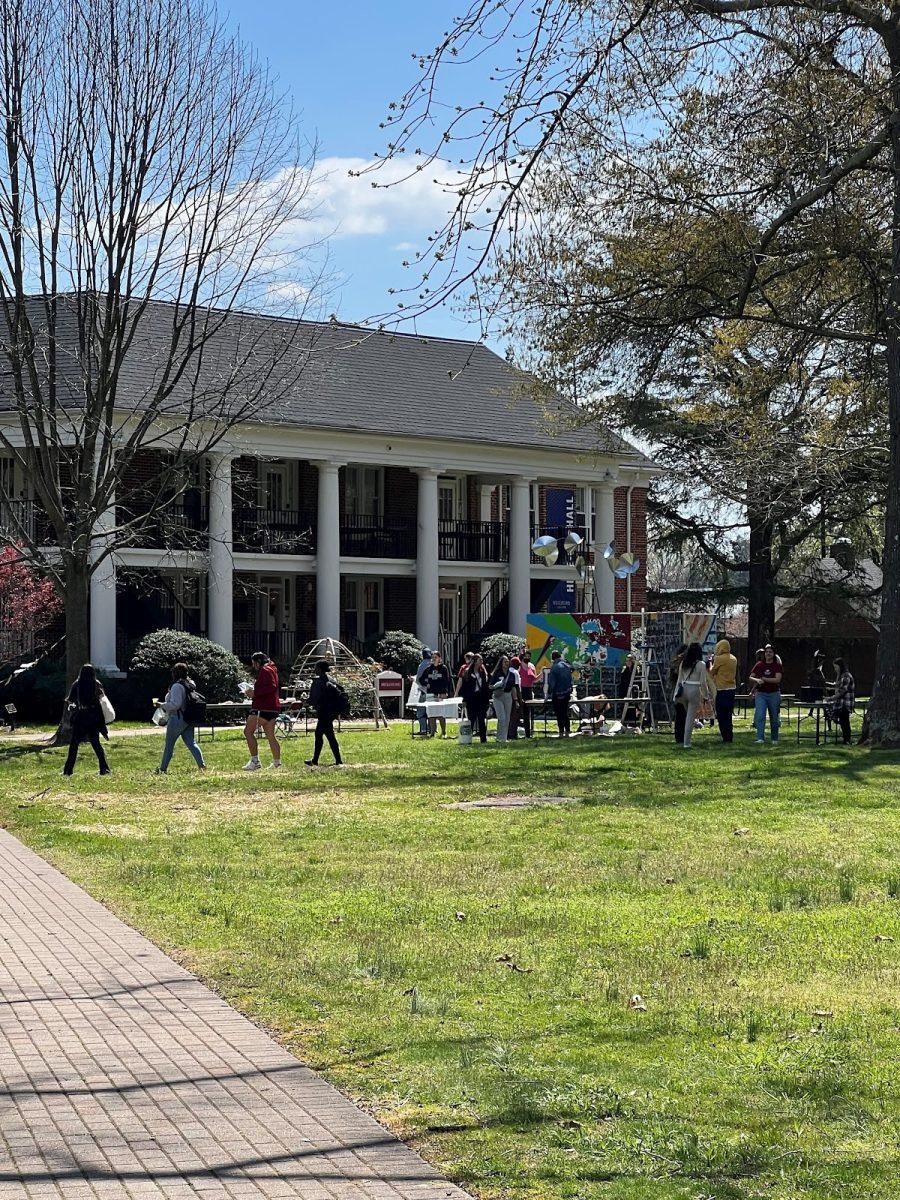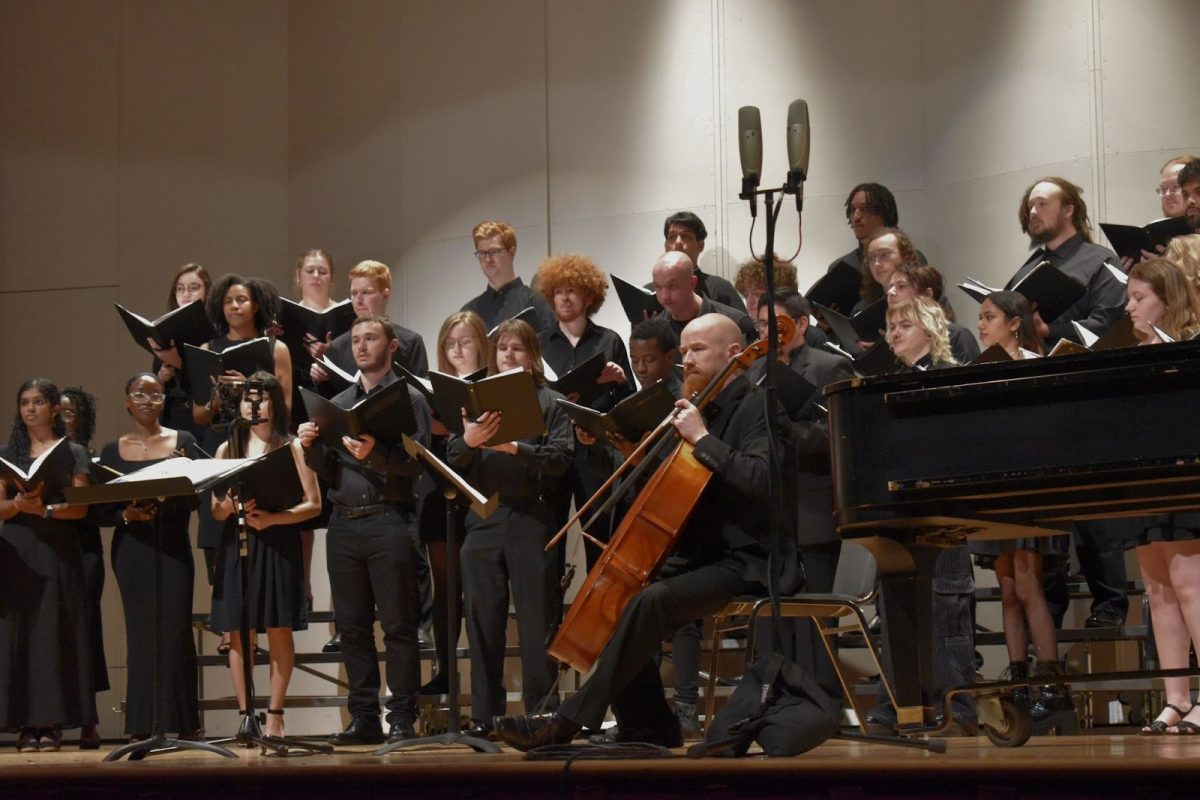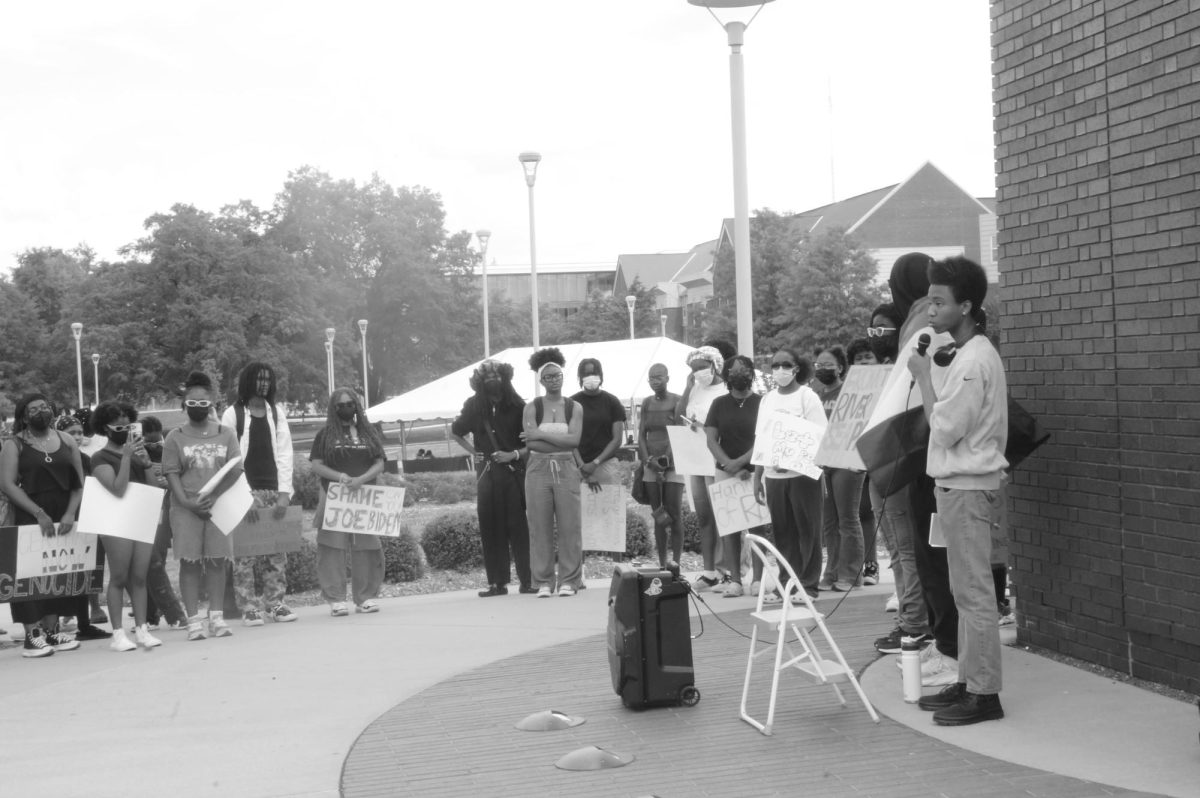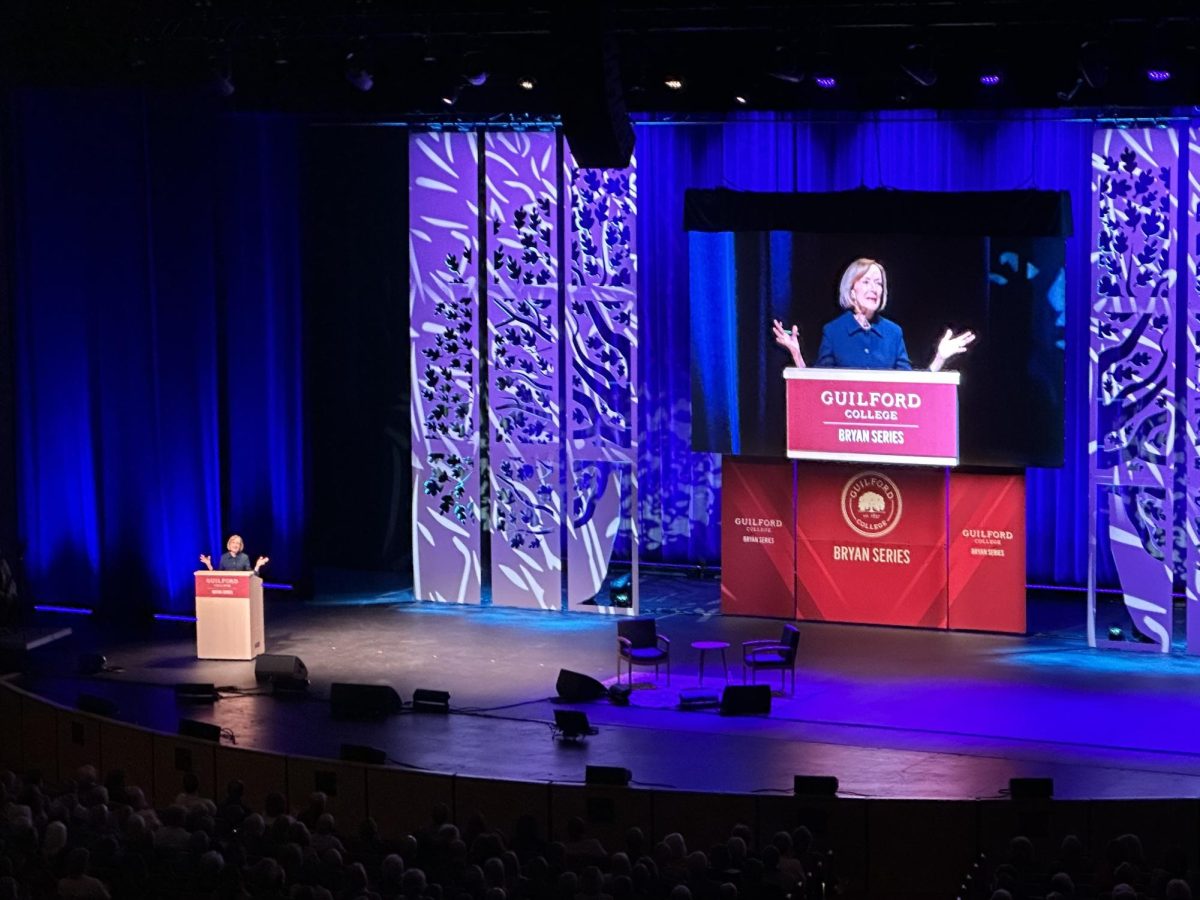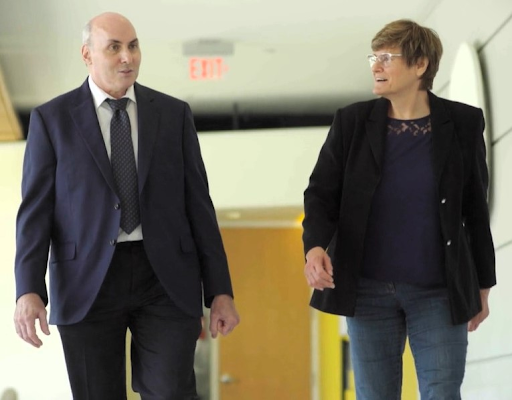Fifty years after the dream that set us on the path for greater equality, the words and principles of Dr. Martin Luther King Jr. still ring true.
Tens of thousands of people from across the country assembled in the nation’s capital this week to celebrate the 50th anniversary of the March on Washington for Jobs and Freedom, originally held on Aug. 28, 1963.
“I was amazed by the sheer number of people that attended,” said Andrew Meshnick, Georgetown University freshman and gathering attendee, in a phone interview. “You could tell that it was a real grassroots movement and that everybody really cared and respected the efforts of those men who stood there 50 years ago.”
However, Saturday’s march was just one of the week’s commemorative events. Later proceedings included speeches from Georgia Representative John Lewis — the youngest speaker at the original March in 1963, Martin Luther King III and President Barack Obama.
President Obama, among others, spoke to the numerous changes since the March in 1963.
“Because they marched, city councils changed and state legislatures changed and Congress changed and, yes, eventually the White House changed,” Obama said.
Speakers such as Representative Lewis and King III focused on the need for continued action.
“This is not the time for nostalgic commemoration,” King said. “Nor is this the time for self-congratulatory celebration. The task is not done. The journey is not complete. We can and we must do more.”
For many college students and millenials who have never experienced the social injustice that these men spoke of, racism seems to be a thing of the past.
When asked whether or not racism exists today, Associate Professor of Political Science Maria Rosales simply replied, “Yes.”
Later elaborating on the response, Rosales pointed to the “systematic, though perhaps unintentional, bias against minority groups such as blacks and Latinos in the criminal justice system.”
Rosales referenced numerous studies such as Harvard’s Implicit Association Test and the Racial Dot Map to explain that minorities, though having won significant victories over the last few decades, still experience injustice throughout various facets of our economy.
CCE student Latonia Etheridge co-organized the March on Washington in Greensboro, where local residents reflected upon King’s “I have a dream” speech and the current state of civil rights.
Etheridge shares Rosales’ view.
“The new generation is experiencing racism through different experiential encounters,” Etheridge said. “For example, the American judicial system and its legal process seems to weigh heavily against people of color.”
Rosales suggests that, while a temporary fix to racism is unlikely, the roots of racism can be traced.
“The media often plays a big role in public perception by what they show,” Rosales said. “There is no cure-all for this problem, though various techniques such as countering stereotypes and greater education have shown promise.”
While racism continues to play a role in society, many would argue that the 50thAnniversary of the March on Washington was a success and a momentous marking point in the effort to raise awareness for the civil rights struggle.
Perhaps now more than ever, Americans should reflect on whether they have truly lived up to the ideals and legacies of King and the men and women who died for the civil rights movement.
[photomosaic nggid=140]

